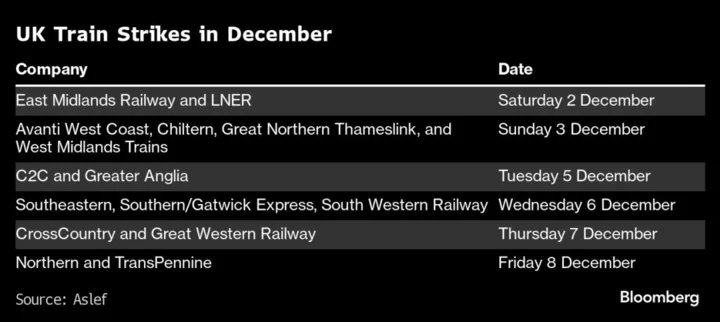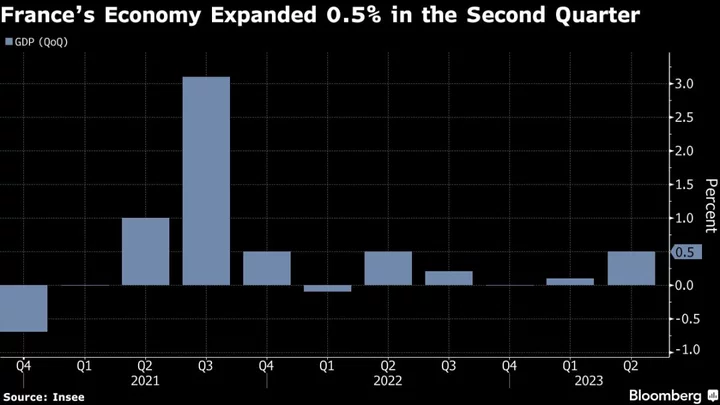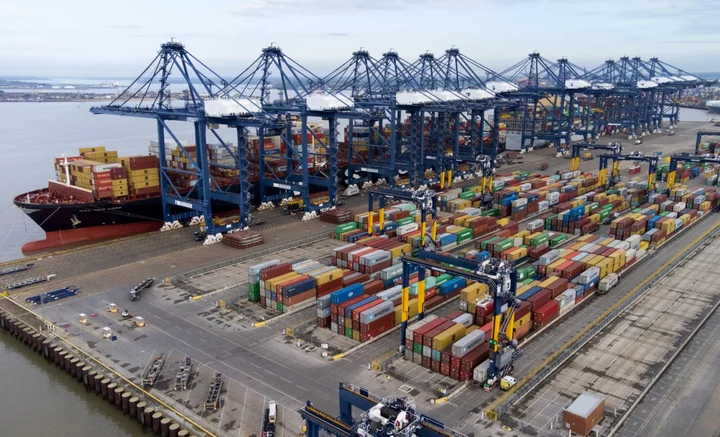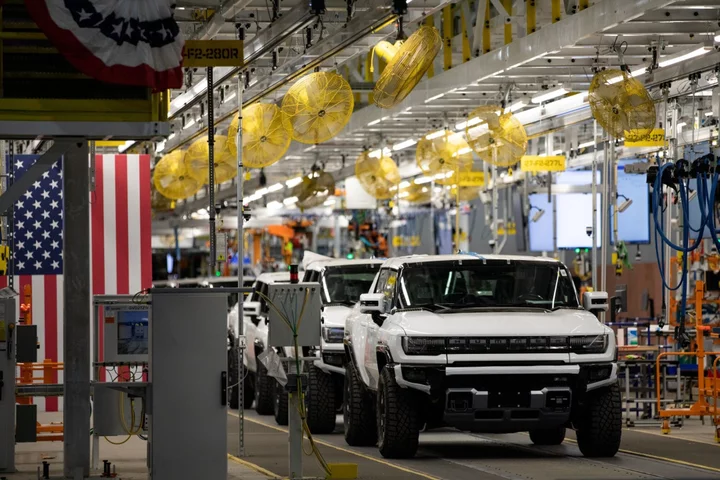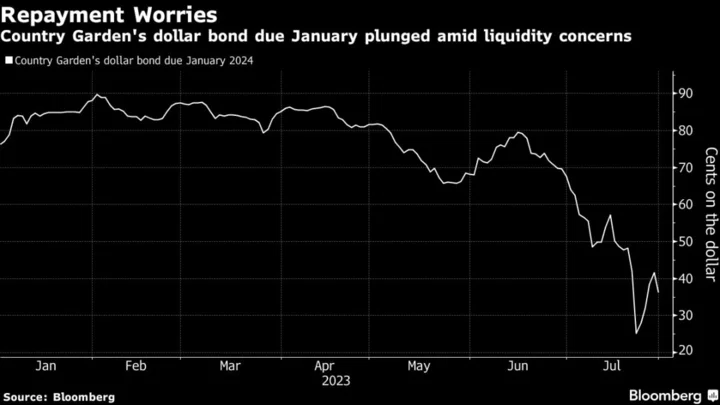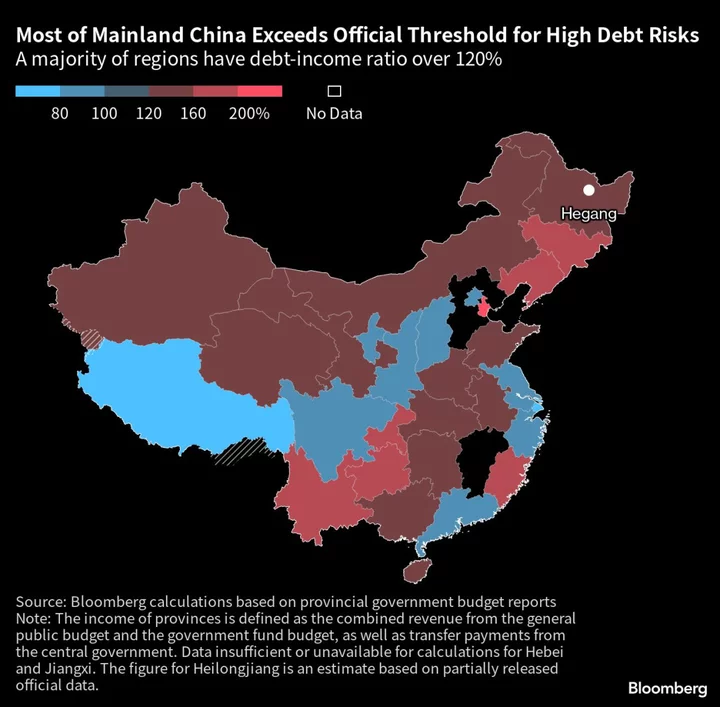The UK is braced for another round of rail strikes even after workers from a major union agreed to a pay deal.
Train drivers from the Aslef labor group began nine days of protest on Friday, starting with an overtime ban. Strikes kick off on Saturday but are spread out, with each affected rail line targeted on only one of six days. It marks a slowdown from a year ago when thousands of rail workers walked out across the whole of the UK on multiple days in the run up to Christmas.
The union at the heart of last year’s disruption, the RMT, accepted a pay deal Thursday that will end its own strikes until at least the spring. Aslef is now the last major rail union holding out for a bigger raise.
Ministers say train drivers, who are mainly represented by Aslef, have been offered a basic salary close to £65,000 for a four-day week. The union says that deal was rejected months ago and accuses the government of failing to engage in new talks. Its boss Mick Whelan said this week that industrial action would continue until negotiations resume.
Other labor disputes are still simmering. The Royal College of Nursing this week called for new negotiations after UK senior doctors reached a tentative pay deal that could provide double-digit pay increases for some.
Britain’s pubs, bars and restaurants are hoping customers brush off the latest round of rail strikes, after sales were devastated by industrial action during last year’s holiday period. City of London restaurant 1 Lombard Street lost £100,000 ($126,500) from cancellations during pre-Christmas strikes in 2022, according to owner Soren Jessen.
“This year we haven’t had so much impact yet, fingers crossed,” he said. “We’re just waiting, holding our breath for Monday.”
Read More: UK Rail Union Votes to End Strikes, But Others Still Rumble On
(Updates with nurses’ call for negotiations in fifth paragraph)

